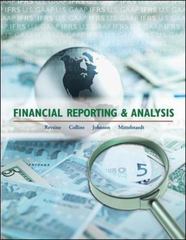Question
Let us introduce the following Trust Game, which is usually adopted to measure the level of trust within a society. Assume Chi is an (I)nvestor
Let us introduce the following "Trust Game", which is usually adopted to measure the
level of trust within a society. Assume Chi is an (I)nvestor who is observing the market for
investment opportunities. At some point, she identifies a promising start-up whose business
is to produce crocodile leather Bitcoins wallets. Daniel, the "(E)ntrapreneur" is confident
his company can exploit crypto-currencies market momentum to increase his company's core
value. Therefore, the Investor can decide whether to purchase stocks worth $10 (call this
strategy, trust). If the Investor decides to keep the $10 (call this strategy, end), and the
game ends with the Investor getting $10 and the Entrepreneur getting $0. Otherwise, if the
investor purchases the stocks, the market value of the start-up gets tripled. Daniel can then
decide to either shut down the start-up1 and keep all of the $30 to himself (call this strategy,
keep) or maintain the start-up in the market and pay a $15 dividend to the Chi (call this
strategy, split).
a). Draw the extensive form representation of the above sequential game. What is the
equilibrium of this game if both Chi and Daniel are purely self-interested?
b). Suppose the two players have distributional preferences as introduced in class: if xI ; xE
are the amounts of money the Investor and the Entrepreneur end up with, respectively,
then the Investor's utility is described by:

Step by Step Solution
There are 3 Steps involved in it
Step: 1

Get Instant Access to Expert-Tailored Solutions
See step-by-step solutions with expert insights and AI powered tools for academic success
Step: 2

Step: 3

Ace Your Homework with AI
Get the answers you need in no time with our AI-driven, step-by-step assistance
Get Started


